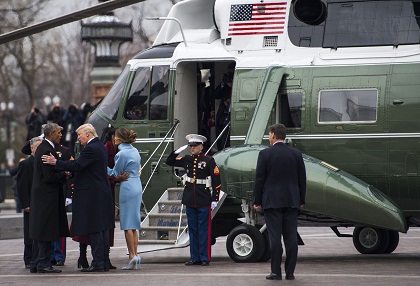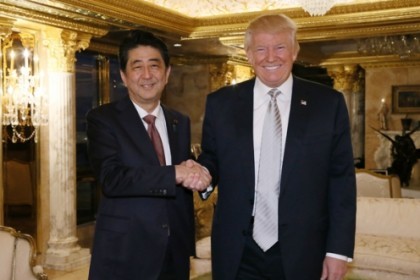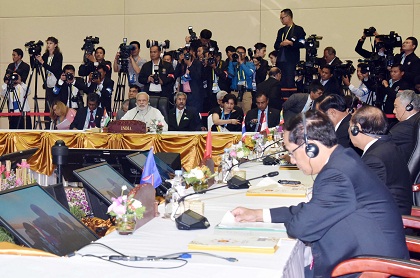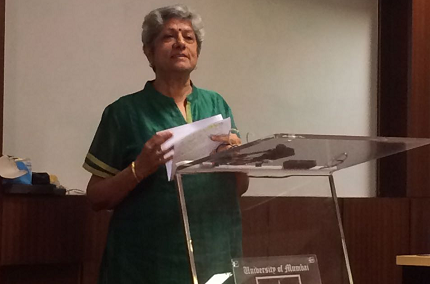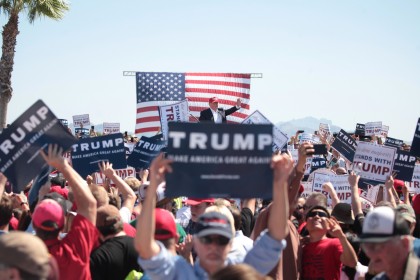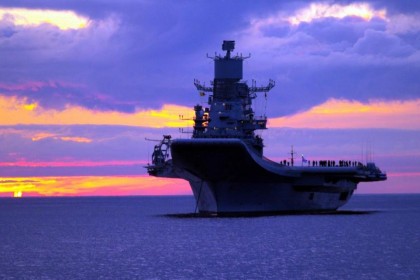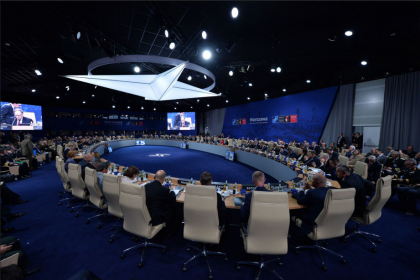Bilateralism: a new Bretton Woods order?
Trump’s pronouncements about his intentions to challenge the direction and substance of America’s post World War II global ‘liberal’ order---terming institutions, like NATO, obsolete and pulling out of trade agreements, like TPP---reveal a preference for political-style deal making

